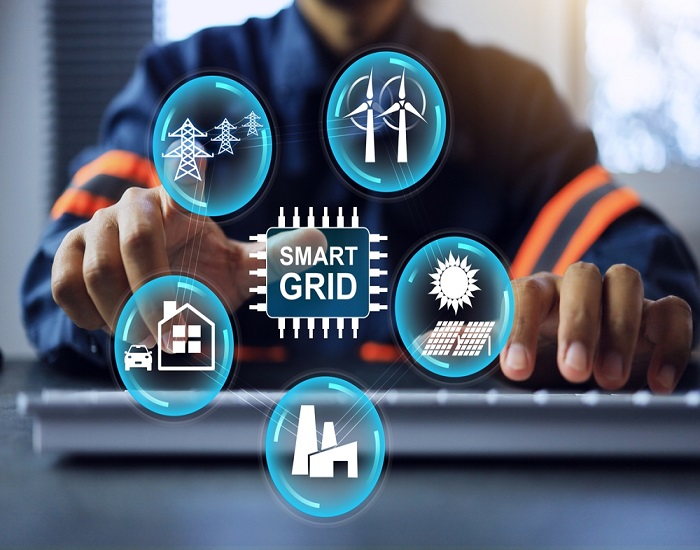Smart Grids: Enhancing Energy Efficiency and Reliability
- Posted On: Jul 30, 2024
- Posted By: Mick Williams
Smart grids are revolutionizing the energy sector by integrating digital technology into the traditional power grid. This integration facilitates a more efficient, reliable, and sustainable energy distribution system. Smart grids use sensors, advanced meters, and data analytics to monitor and manage electricity flow, ensuring optimal performance.
Key Benefits of Smart Grids
Enhanced Energy Efficiency: Smart grids optimize energy use by balancing supply and demand in real-time. This leads to reduced energy waste and lower operational costs for utilities. Improved Reliability: With real-time monitoring and automated fault detection, smart grids can quickly respond to and resolve issues, minimizing power outages and ensuring a consistent energy supply.
